“My plan is to build a 4×4 food truck which will have this massive expandable kitchen on the back, and use that to go and see the world.”
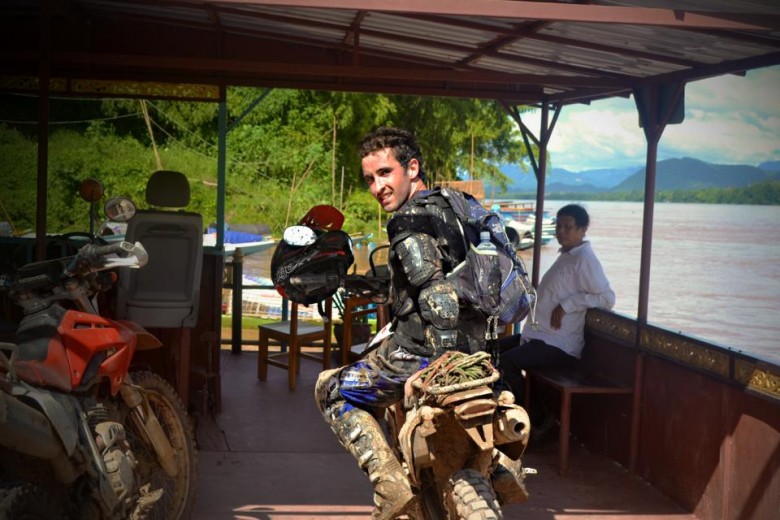
I interviewed Simon Orviss, a travelling chef based in Hong Kong. Simon hails from White River in Mpumalanga and has worked all over the place from the exclusive private island Mnemba off the Northern coast of Zanzibar, to a remote part of Mozambique, and currently divides his time between Tuscany and Hong Kong.
His travel adventures include hanging out with elephants in the Okavango Delta, motorbiking in Laos and bungee-jumping in New Zealand. Simon studied Cordon Bleu at Cape Town’s Silwood Cookery School.
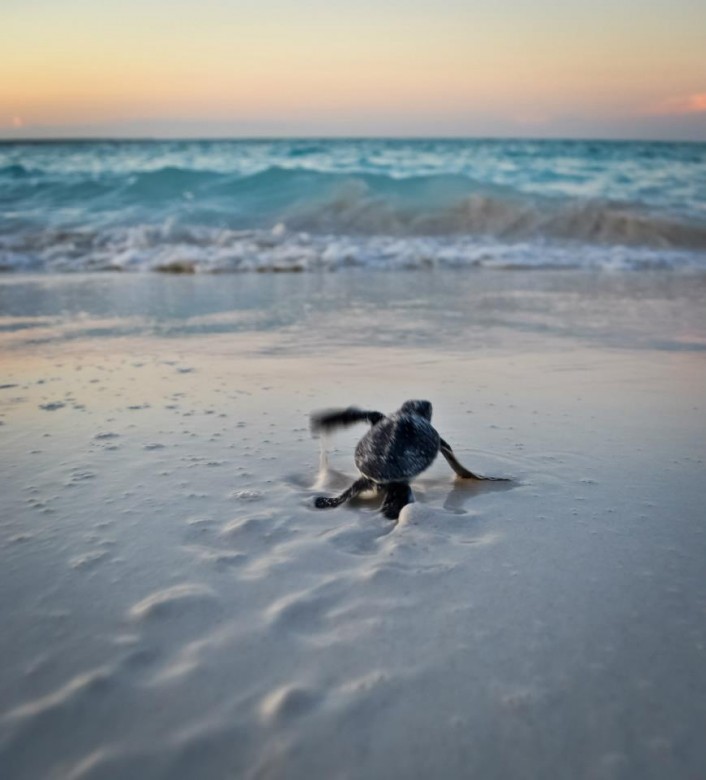
1. When you decided to become a chef was the possibility of travel a driving factor?
Yes definitely. Everybody needs to eat, no matter where you go, no matter what you do. I’ve never struggled to find a job, I’ve always struggled to choose one. You have many different opportunities.
2. What advice would you give to someone who is thinking of becoming a chef?
“do something that excites you and not just what is expected”
Make sure you know what you want to do with that qualification. There are so many different aspects to it, you can be a restaurant chef, a hotel chef, a food-writer, a food-blogger, with food experience comes so much opportunity. You just need to be prepared to do something that excites you and not just what is expected. I’m always looking for something different. I’ve been a restaurant chef, I don’t particularly enjoy it, it comes with the stereotypical chef personalities- it’s a stereotype for a reason! But I’ve enjoyed using food to travel and find new opportunities wherever I am in the world.
For any South African there are a lot of agencies and ways in which they can get out and branch out whether it’s doing winter chalets in Switzerland or summer island jobs or being a private chef- it’s what you expose yourself to which puts you in the path of opportunity.
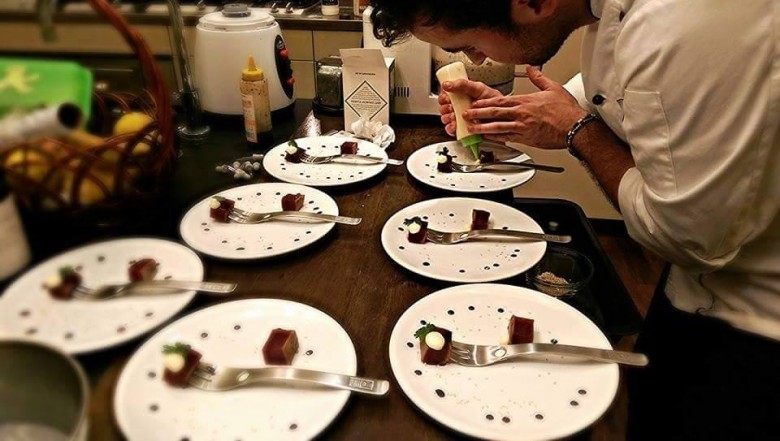
What are the challenges of working as a luxury chef in remote places?
“just make a plan”
Obviously challenges arise when supplies don’t arrive, and then you just make a plan. Your type of job and your clientèle are always very specific to your challenges. Because it was quite an exclusive private island (Mnemba) we would run it on a ‘whatever the guest wants the guest can have’ basis.
We would also cook whatever fresh seafood came our way, the fishermen would bring it in on boats and walk it up the beach, and you’d have fresh tuna, fresh dorado, and then it would be up to us as a chef team which I lead, to roll that out into something amazing for the guests, whether it be an interactive dining experience like a beach barbecue, or whether it be a fine dining experience in the forest.
Though it was secluded it was actually quite supported. Also variety. With my current job I don’t want them to remember having the same meal twice with me, every meal needs to be different.
Do you use a lot of local ingredients?
Not as much in Hong Kong but in Tanzania the local chefs would teach the expatriate chefs the different ways to use spices, the traditional ways of preparing octopus, about ingredients that are not necessarily found in a South African city. An octopus you could either freeze to tenderize it, or you could beat it against a rock for 10 minutes.
What’s it like living in Hong Kong?
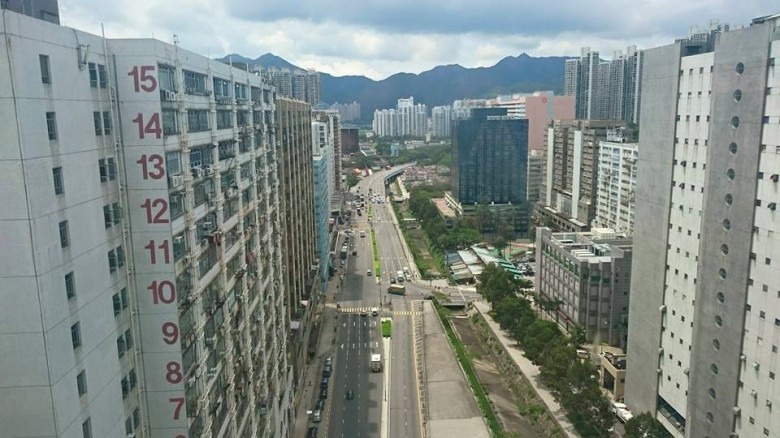
“there’s massive amounts of vegetation and beauty and hikes you can do nearby and islands you can visit”
Hong Kong is an amazing city especially if you’re a foodie, there are so many different influences, and there’s always new stuff, like you can walk down a road one day and then a week later find that four of those shops have transformed into something else. Things change at such a rapid rate you never know when something amazing is going to be crawling out of the woodwork. It’s a great hub to travel around Asia.
Also it’s an efficient city, if there’s something broken like a crack in the sidewalk within a couple of hours there’ll be a huge barricade diverting people and it will be fixed within a day. It is an extremely pleasant city to live in. A lot of people think of Hong Kong as a concrete jungle but there’s massive amounts of vegetation and beauty and hikes you can do nearby and islands you can visit. It’s very easy to take a 30 minute drive and you can have a hike and never see a building and forget you’re anywhere near a city.
Any crazy stories from your travels?
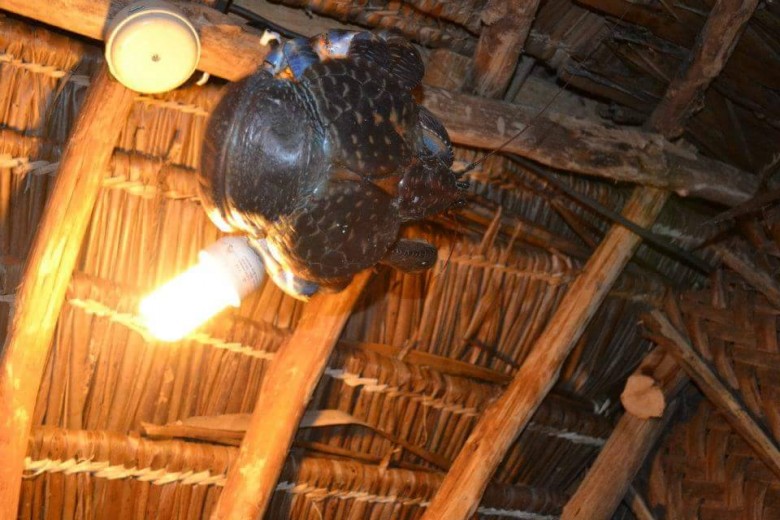
Living with coconut crabs on Mnemba. One ended up climbing my walls and ripping the light off the ceiling, you can get coconut crabs about a metre wide. We used to cook crab but not that type of crab (the coconut crabs are protected). Also once when I was staying in a big, old colonial-style house in Zanzibar for work, we arrived, went upstairs to put down the bags and found an escaped convict hiding in the bathroom who then tried to climb out the 4th story window!
What is your favourite dish?
Beef Wellington actually, but I like to put a spin on it.
What’s in the pipeline?
My plan is to build a 4×4 food truck which will have this massive expandable kitchen on the back, and use that to go and see the world. Starting in SA because of my South African pride, moving up through Africa, going to very iconic destinations like Sossusvlei in Namibia, Lake Malawi, Zanzibar (because I’ve got a history there and I want to show people what it’s like to experience fresh seafood as part of your everyday diet). Basically take this truck as a means to get around but also a means to show people what travel is like with through a travel show and to show a more nuanced version of Africa than what people see in the media.
“Travel is expensive. If you can travel for work, food’s an easy way in which to see the world”
After I’ve travelled through Africa and seen whether that takes off I’d do other journeys, say across to Japan, and Alaska down to the tip of South America. I can’t see myself not travelling but I’ve got to do it in a way where it’s economically feasible. Travel is expensive. If you can travel for work, food’s an easy way in which to see the world.
To get in touch with Simon about possible collaborations on the Food-Truck-through-Africa venture mail him here.
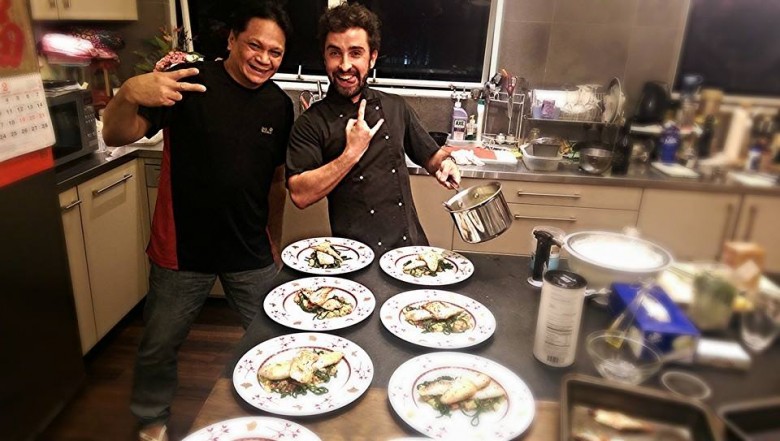
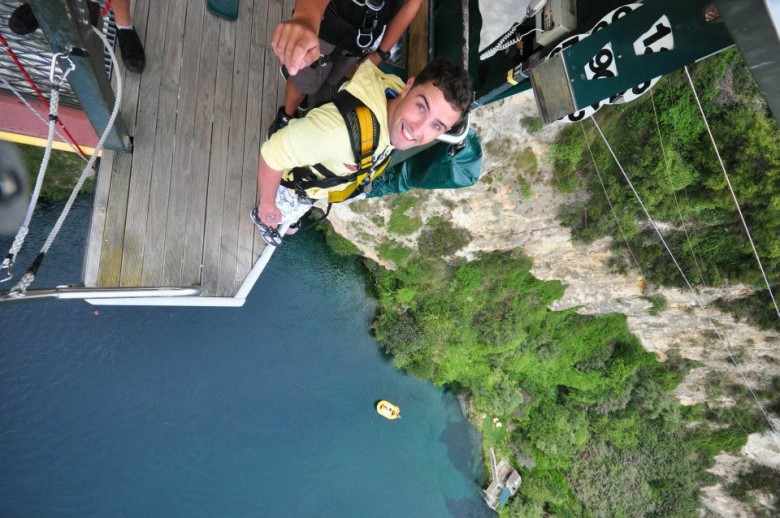
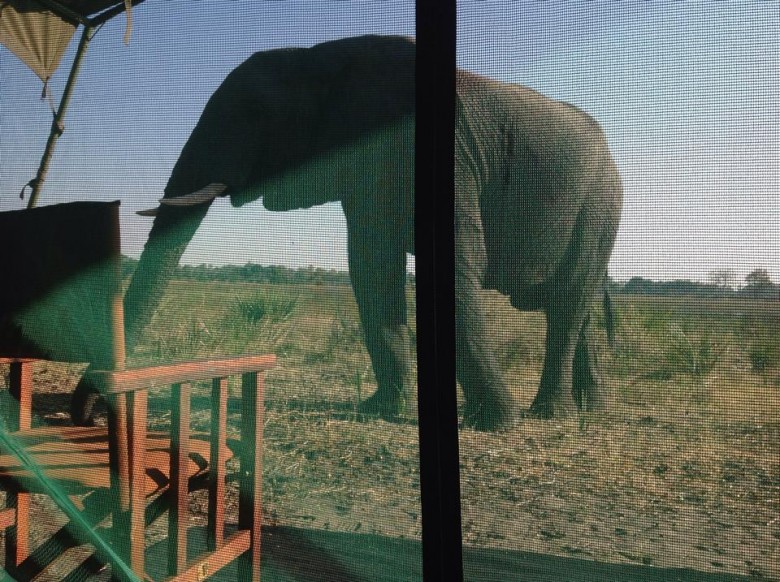
wonder full…
its very healthy food and there’s massive amounts of vegetation,
those peoples who want to be healthy in old age and want to enjoy their life it will be good option for them.
This guide is really amazing as it has simplified a lot of queries for me. You present your research openly for everyone to read and understand, that too without any cost.
Hi ,
Rebecca Houston
Great beauty i ever seen thanks for sharing such a nice images keep sharing